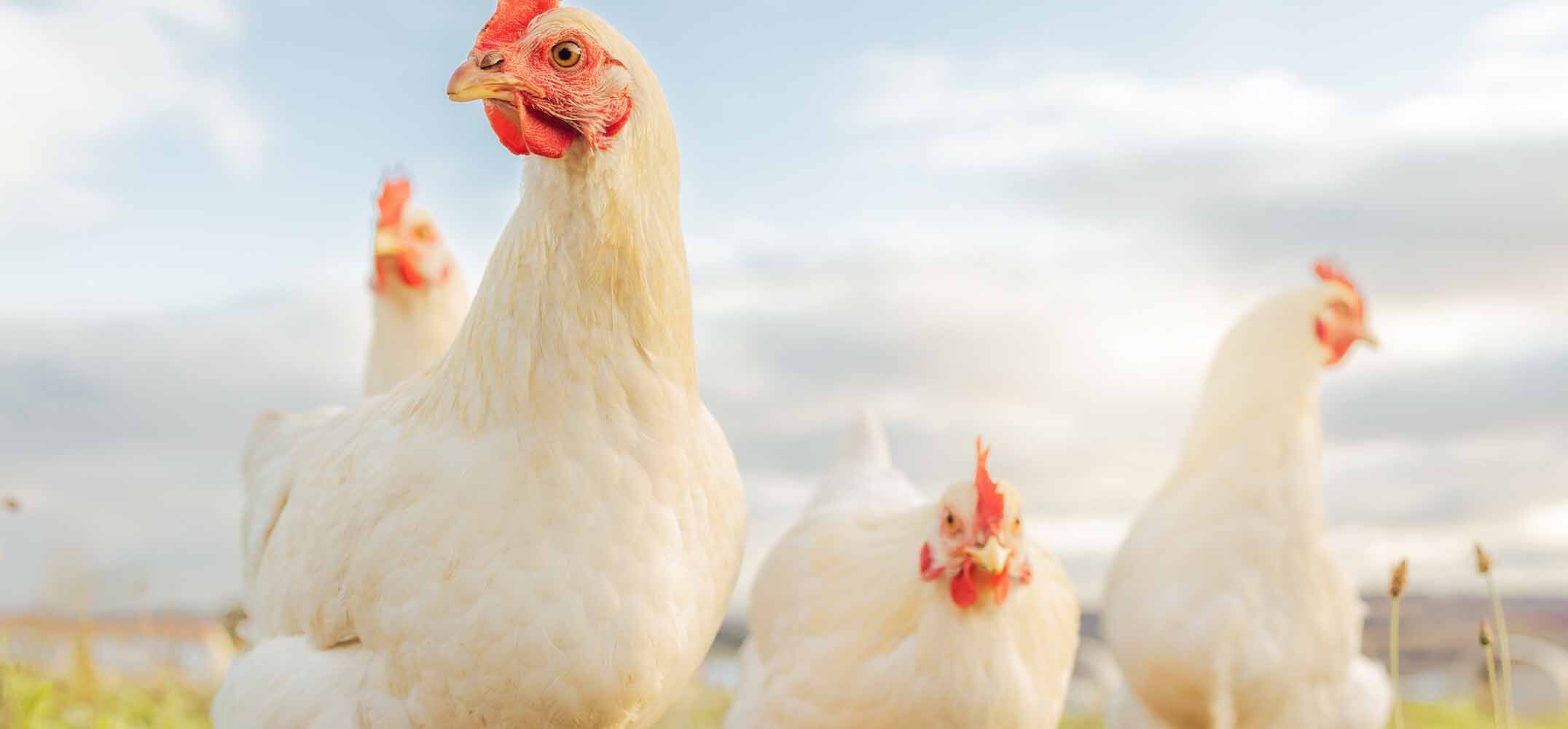When it comes to choosing poultry and meats, you’ve probably heard terms like “free range”, “pasture-raised,” and “organic” but what do they really mean? Food labels can be tricky, as many companies use misleading terms to make their products seem more sustainable (a practice known as “greenwashing”).
At Sally-Ann Creed, we believe that knowledge is power, and that includes knowing about labels and claims. So let’s learn more about what the terms, free-range, pasture raised and organic really mean, so that we can make better and more informed choices.
Free-Range:
Currently, in South Africa, there are no specific legislation regulating free-range chicken farming. The South African regulations for poultry meat are set out in R946/1992 by the Department Of Agriculture, Forestry And Fisheries and state:
Now what many consumers are asking is, “what if the “access” is only 30cm high and wide?”, “How often do the birds actually get to go outside?” These concerns highlight the need for more transparency and stricter enforcement of standards to ensure that “free range” truly means animals are living in conditions that allow them to behave naturally.
Apart from the above, voluntary guidelines set by the South African Poultry Association (SAPA) and the Five Freedoms appeared to be the main used criteria. The South African Meat Industry Company (SAMIC) is assigned to do the audits at various points in the supply chain, including farms, abattoirs, feedlots, deboning facilities and retail outlets.
The South African Poultry Association has developed its own minimum standards to guide broiler and layer production. According to their Codes of Practice, all birds, whether raised in housing, cages, free range or organically, should have access to the five basic freedoms identified by the World Animal Organisation. These are:
- Freedom from hunger, malnutrition and thirst via the availability of freshwater and the appropriate feed.
- Freedom from fear and distress by providing conditions and care which avoid undue suffering.
- Freedom from abnormal discomfort via the provision of adequate shelter.
- Freedom from pain, injury and disease via the provision of appropriate prevention or alternatively, rapid diagnosis and treatment of normal pathological conditions.
- Freedom to express normal patterns of animal behaviour, by supplying sufficient space in suitable facilities and in the company of the animal’s own kind
Interestingly, certain stores and providers have their own “free range guidelines” that their suppliers and farmers have to adhere to. Topic SA did a very interesting article on Free Range Label Claim in Pick n Pay Eggs (read more here).
Pasture-Raised Poultry:
The terms pasture-raised and free-range are often used interchangeably, but they are not the same. True pasture-raised poultry is raised outdoors year-round, moving regularly (often daily) to fresh pasture. Pasture-raised poultry goes beyond the basic “free-range” definition by emphasising the natural, year-round outdoor lifestyle of the birds. Unlike free-range systems, which may allow birds limited outdoor time, pasture-raised chickens are moved regularly to fresh pasture, giving them more space to roam and forage for insects, seeds and plants.
There is also no law governing labelling pasture raised poultry. Though similar to free-range, pasture-raised poultry is a more intensive system. This is more time-consuming and requires a lot more observation and manual control by the farmer.
According to pasture-based farmer Darby Simpson: “When you buy pasture-raised poultry, you’re paying for the farmer’s time and care in ensuring their birds live in the best possible conditions.”
Organic Poultry:
Farmers rely on independent organisations to certify their products as organic. To be considered organic, poultry must meet strict standards, often certified by independent organisations. Each certification body has its own set of requirements, but in general, food can only be considered organic if it is grown or raised as naturally as possible, without antibiotics, synthetic fertilisers or chemical pesticides.
The South African Organic Sector Organisation (SAOSO) sets out the standards for smallholders to follow in organic poultry farming. These standards cover various aspects of poultry production, including access to outdoor space, natural feed without genetically modified ingredients, humane treatment and sustainable farming practices. Organic poultry must have space to roam freely, ensuring they are not confined to cages or overcrowded conditions. Their diet should consist of organic feed, free from synthetic additives, growth hormones or animal by-products.
So, what’s best for you?
The decision between free-range, pasture-raised, and organic poultry depends on your values. Each of these labels has its benefits, but knowing the standards behind them helps ensure that your choice is both healthy and ethical.
While some labels are regulated, many are not, making it difficult to determine which claims are trustworthy. The most reliable labels are backed by third-party certification, ensuring the claims are independently verified. This often requires us to be curious consumers.

